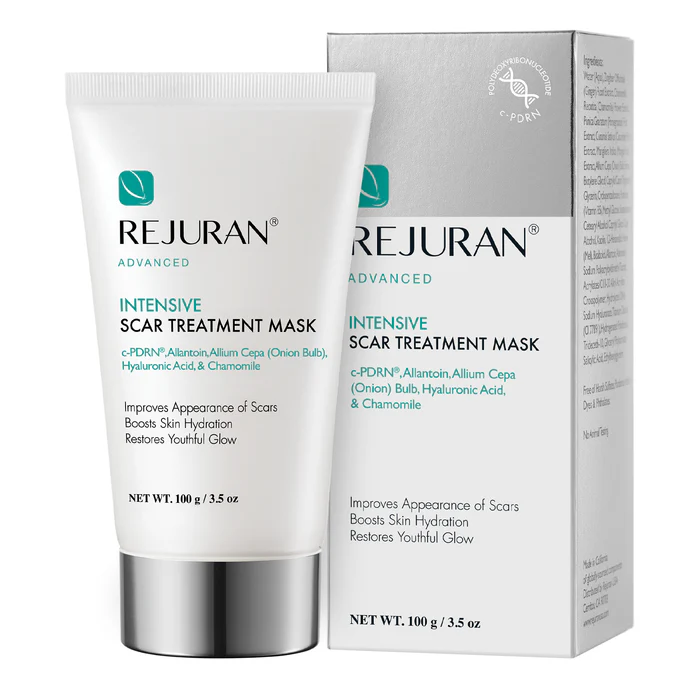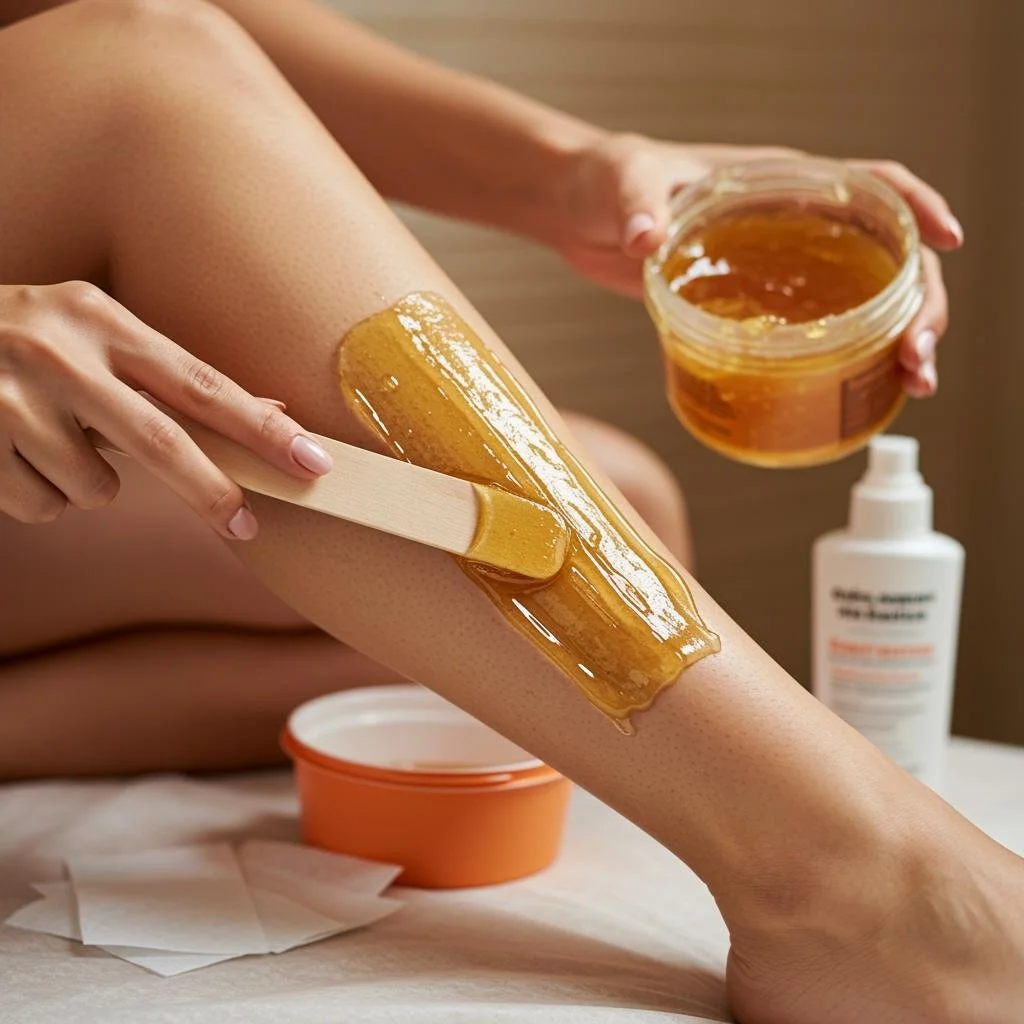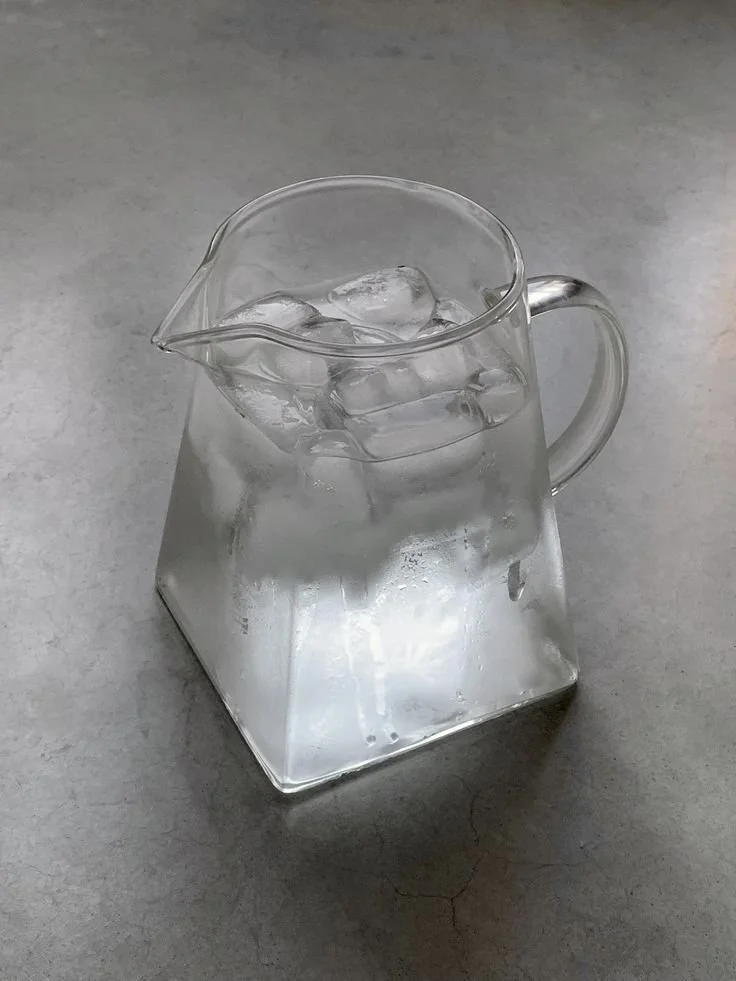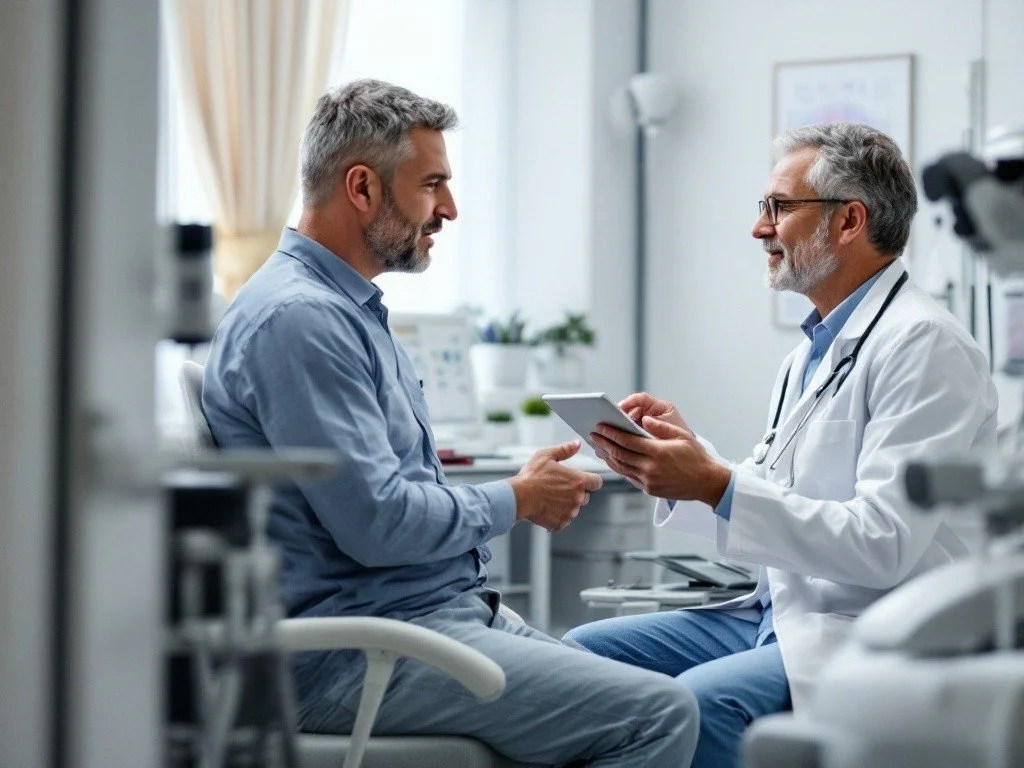Skin Checks Explained: Key Information For Your Health
Our skin is our largest organ, yet it often goes unnoticed in our health routines. Regular skin checks are a simple but crucial step in identifying potential issues early.
Whether it’s keeping an eye on unusual moles or ensuring overall skin health, skin checks empower us to take charge of our well-being. In collaboration with trusted experts like SunDoctors, this guide will help you understand why skin checks matter and how to perform them effectively.
No. 1
Why Are Skin Checks Important?
Skin cancer, the most common cancer globally, is often preventable with early detection. Regular skin checks can help spot irregularities such as:
New moles or growths
Changes in existing moles (size, shape, or color)
Persistent sores or unusual skin textures
These checks offer peace of mind and can save lives by identifying treatable conditions early.
No. 2
Who Should Perform Skin Checks?
Both individuals and professionals play critical roles in skin health.
Self-Checks: Inspect your skin monthly to notice changes promptly.
Professional Checks: Dermatologists or skin cancer specialists like SunDoctors use advanced tools to evaluate deeper layers of the skin, ensuring thorough assessments.
No. 3
How to Perform a Skin Check at Home
Performing a skin check at home is straightforward and requires minimal tools:
Prepare a Well-Lit Area: Use natural or bright lighting.
Use a Mirror: A full-length and handheld mirror can help inspect hard-to-see areas.
Check Methodically: Start from your scalp and work your way down, paying attention to the back, neck, and soles of your feet.
Take Notes or Photos: Document any changes for future reference or discussion with a doctor.
Rejuran
REnew the look of skin’s tone and texture with c-PDRN®, a marine-based growth factor that works with skin’s natural nighttime renewal cycle to reduce the appearance of acne scars, sun damage, and burn marks
No. 4
What to Look for During a Skin Check
When conducting a self-check, follow the ABCDE rule for moles:
Asymmetry: One half doesn't match the other.
Border: Edges are irregular or blurred.
Color: Uneven shades of brown, black, or other colors.
Diameter: Larger than 6mm or changing in size.
Evolution: Any changes in size, shape, or symptoms like itching or bleeding.
No. 5
The Role of SunDoctors in Skin Health
SunDoctors specialize in skin cancer detection and treatment, offering comprehensive services such as:
Advanced mole mapping technology
Skin cancer screening clinics
Expert advice tailored to individual needs
By choosing trusted specialists like SunDoctors, you’re ensuring top-tier care for your skin.
No. 6
How Often Should You Have Skin Checks?
At Home: Conduct monthly self-exams.
Professionally: Schedule annual visits with experts such as dermatologists or SunDoctors, especially if you have a family history of skin cancer or significant sun exposure.
No. 7
Common Misconceptions About Skin Checks
"I don’t need checks; I don’t sunburn."
Even if your skin doesn’t burn, sun exposure still damages it over time."Skin cancer only happens in older people."
Skin cancer affects individuals of all ages, emphasizing the need for vigilance.
No. 8
Preventing Skin Issues: Proactive Tips
Use Sunscreen: Choose broad-spectrum SPF 30+ or higher.
Wear Protective Clothing: Hats and UV-blocking garments are essential.
Stay in the Shade: Especially during peak UV hours (10 AM to 4 PM).
Regular Check-Ups: Partner with professionals like SunDoctors to stay on top of your skin health.
Takeaways
Skin checks are a proactive step toward maintaining your health. By integrating self-examinations and professional assessments from experts like SunDoctors, you can reduce risks and address concerns early. Make skin checks a priority—it’s a small effort that can yield life-saving results.
Looking for Wellness Resources?
Are you looking to enhance your wellness routine? Explore our wellness partners who offer a wide range of resources to support your journey toward holistic living and well-being.































